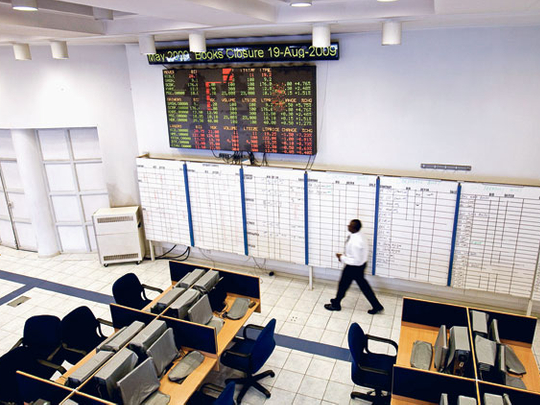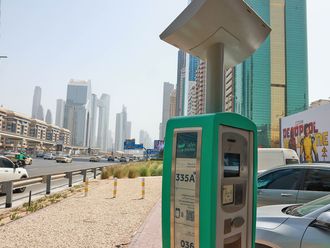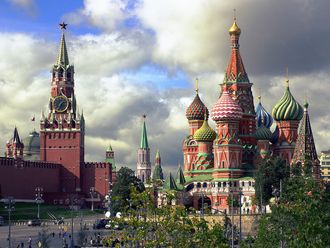
Johannesburg: African equity funds have attracted net new cash in 51 of the last year's 52 weeks, EPFR Global said on Thursday, underscoring the evolution of the continent's frontier markets as a serious investment play.
According to the Washington-based fund tracker, a net $660 million (Dh2.4 billion) flowed into African regional funds over the last 12 months — not vast sums on the global scale but far more than Africa has ever attracted in the past.
"Through the seven months of this year, the flows into Africa regional funds are already pretty close to four times the previous best year, which was 2007," EPFR global markets analyst Cameron Brandt said.
The one blip marring what would have been a clear run of 52 weeks of positive net inflows came in mid-July and only amounted to $750,000 of withdrawals.
"The sustained levels of flows have been pretty compelling and impressive because there have certainly been some bumps in the road this year," Brandt said.
EPFR includes North Africa in its definition of Africa, despite a preference by many investors to regard the sub-Saharan region as a whole and lump in the five Mediterranean littoral countries with the Middle East.
South Africa
Some of the Africa funds surveyed include South Africa, Brandt said, although a cap on exposure to the continent's biggest and most sophisticated economy means the overall figures still give a clear picture of interest in "frontier Africa".
For most foreign portfolio investors, that means primarily Nigeria and Kenya.
But it has also started to include the more illiquid markets of Uganda, Ghana, Zambia, Botswana and Zimbabwe, in all of which promising mineral deposits look set to underpin strong economic growth.
The steady flow of foreign cash has helped many African bourses post healthy recoveries from the lows of early 2009 when the full effects of the global slowdown on the continent's economy became apparent and ended the initial burst of enthusiasm for African frontier markets. Kenya's main stock index is up 42 per cent over the last 12 months and 37 per cent year-to-date, while Nigeria's has risen 18 per cent this year. Uganda is up 34 per cent since a year ago.
However, the continent's growing appeal has also presented managers of the larger Africa funds with the challenge of finding a home for new money in a relatively limited investment universe dominated by banks and telecommunications firms in Nigeria and Kenya.
Hefty yields
Foreign interest in the poorest continent has not stopped at its companies.
As with many emerging markets, domestic sovereign debt in the likes of Nigeria, Kenya, Uganda, Ghana and Zambia is enjoying unprecedented international interest, due in large part to the hefty yields on offer compared to developed-market bonds.
"We've really seen a broad re-rating of emerging markets in a very positive way, to the point where emerging market debt has almost been a flight to safety," Brandt said.
IFC sub Saharan Africa investments up a third
The World Bank's investment arm said in August its investments in sub Saharan Africa rose by a third to $2.4 billion (Dh8.8 billion) in its 2010 fiscal year and forecast further growth this year.
The International Finance Corporation (IFC) noted a "palpable improvement" in the investment climate on the continent rich in natural resources and increasingly eyed by investors, but dogged by corruption and red-tape.
Jean Philippe Prosper, IFC director for Eastern and Southern Africa, said the body's investments in the region during the 2011 fiscal year, from July 1, 2010 - June 30, 2011, would be higher than 2010, but the increase might be more subdued.
"We expect to maintain a strong level of activity this fiscal year. We have a very strong pipeline and have already committed more than $400 million for the first two months of this fiscal year," Prosper told reporters. "You can only grow exponentially for so long," he said.
Of the $2.4 billion in new investment commitments in 2010, $400 million went to helping micro, small and medium-sized enterprises.
IFC said it also provided a $25 million loan to the Aga Khan Fund for Economic Development for lending to Air Burkina, Air Mali and Air Uganda to help develop Africa's regional aviation networks.










